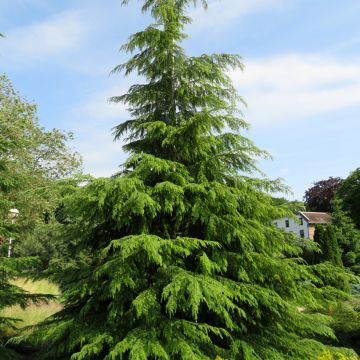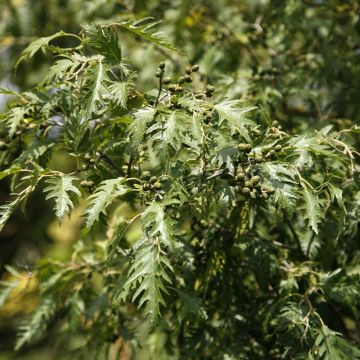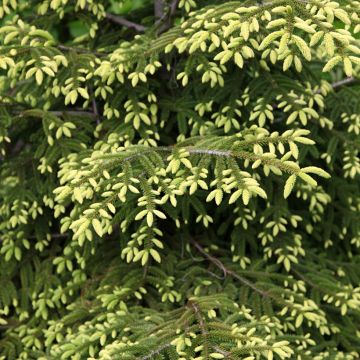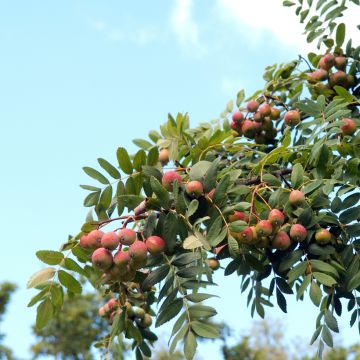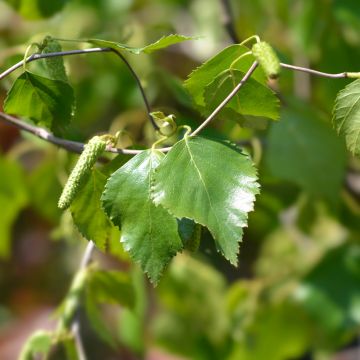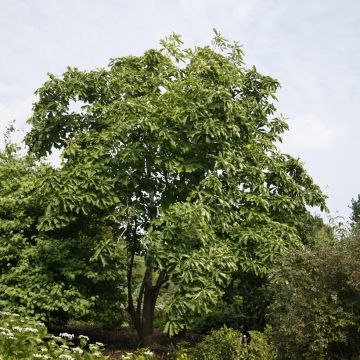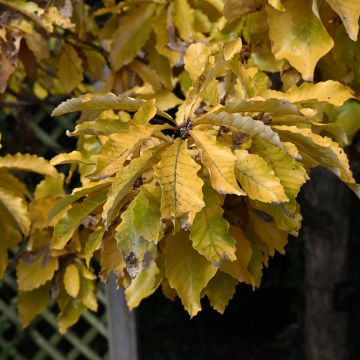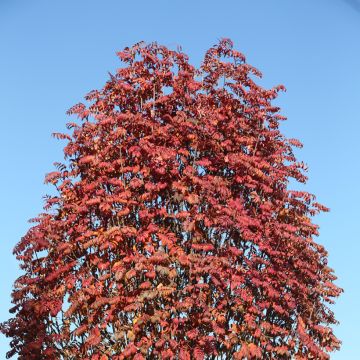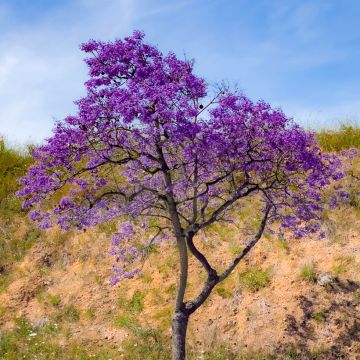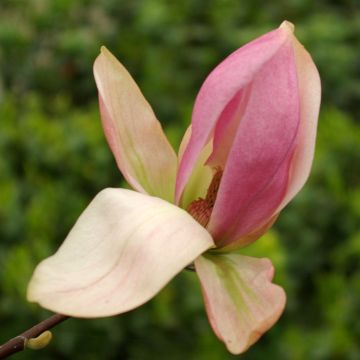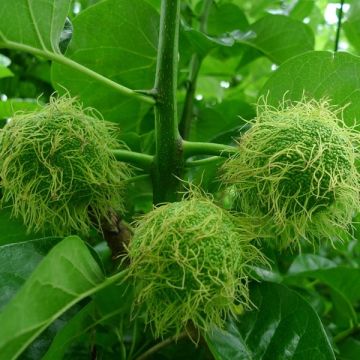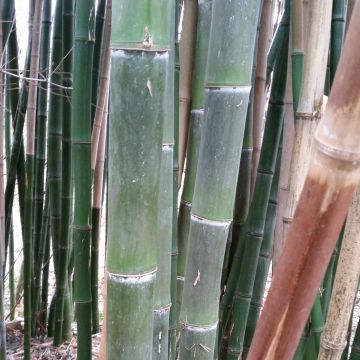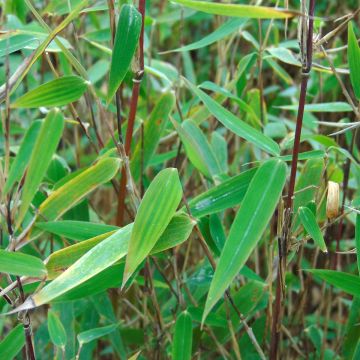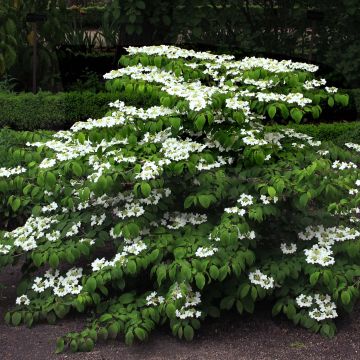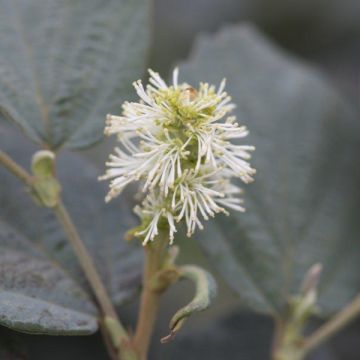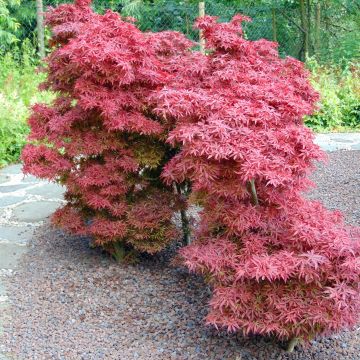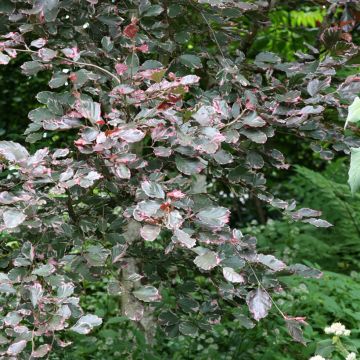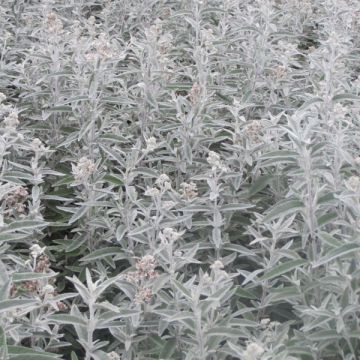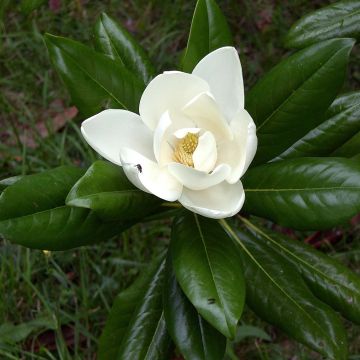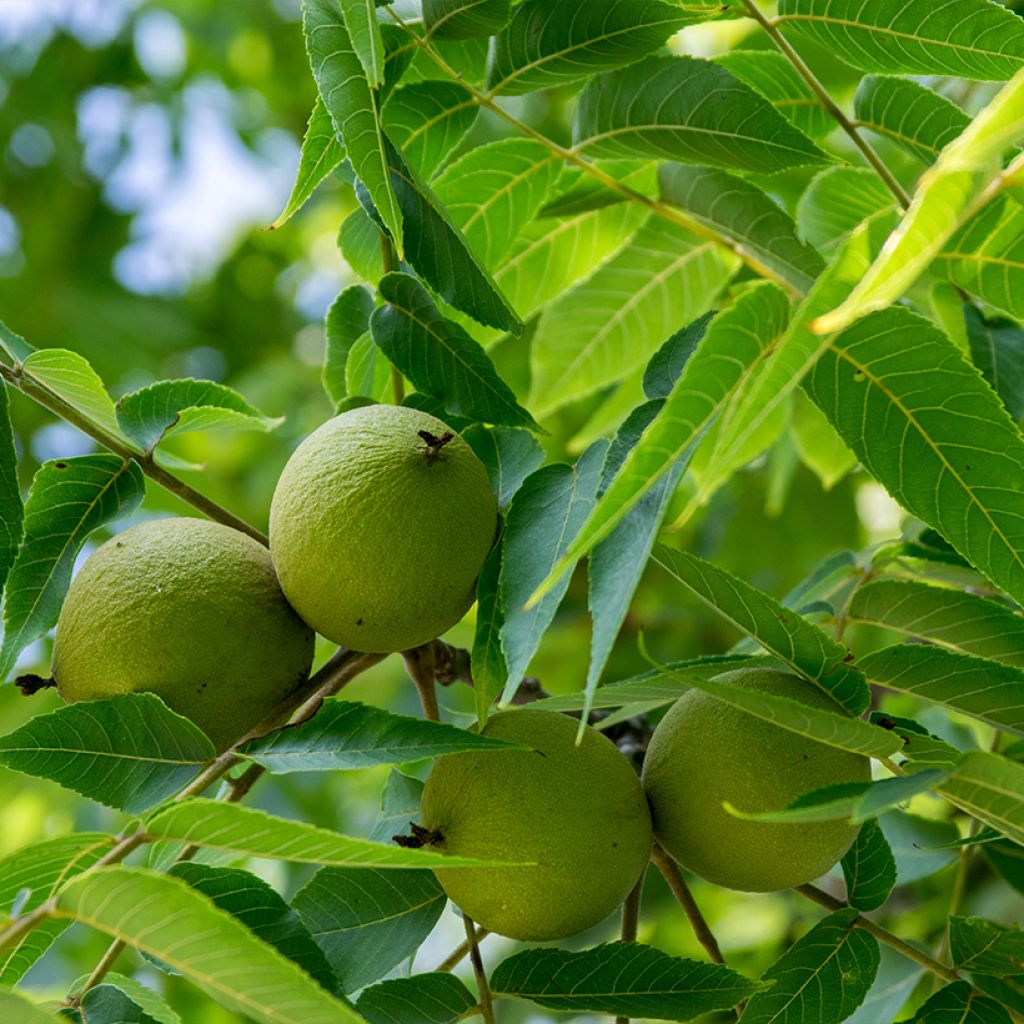

Black Walnut - Juglans nigra
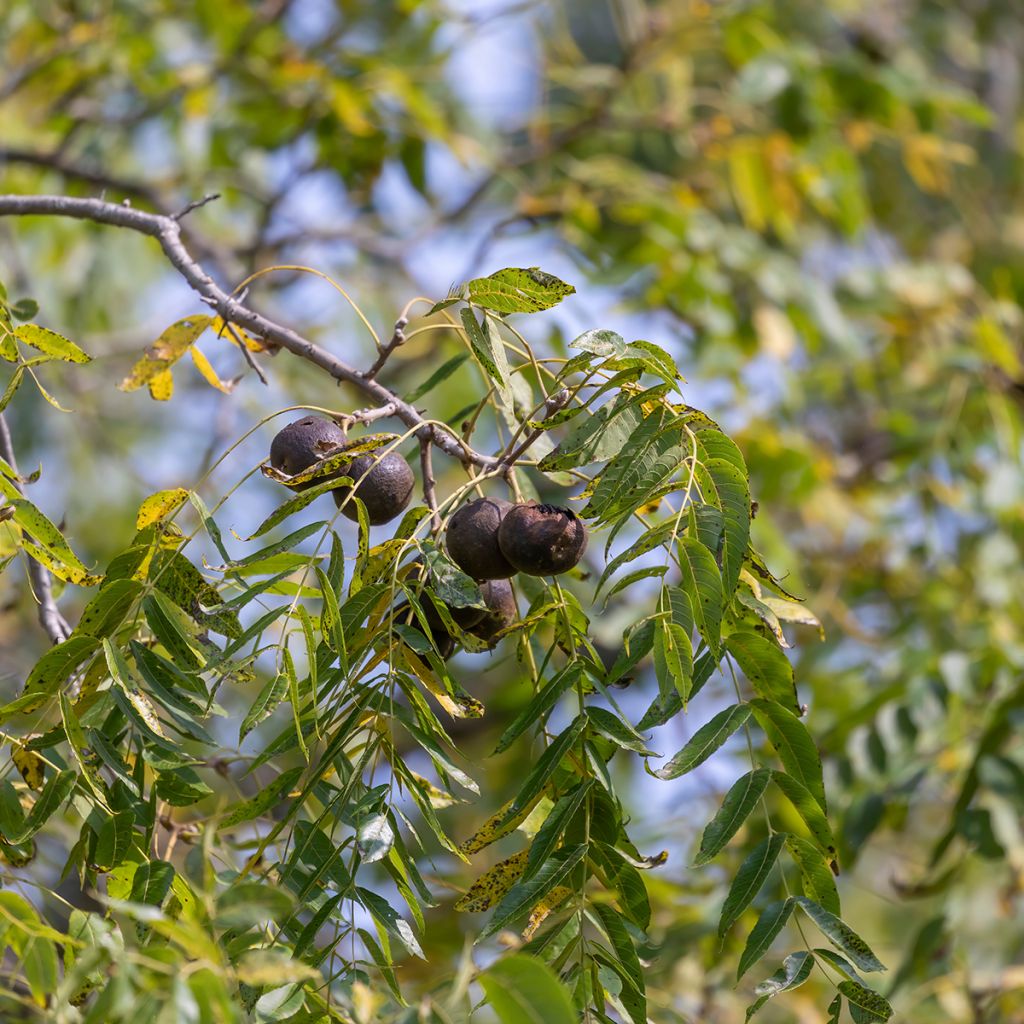

Black Walnut - Juglans nigra
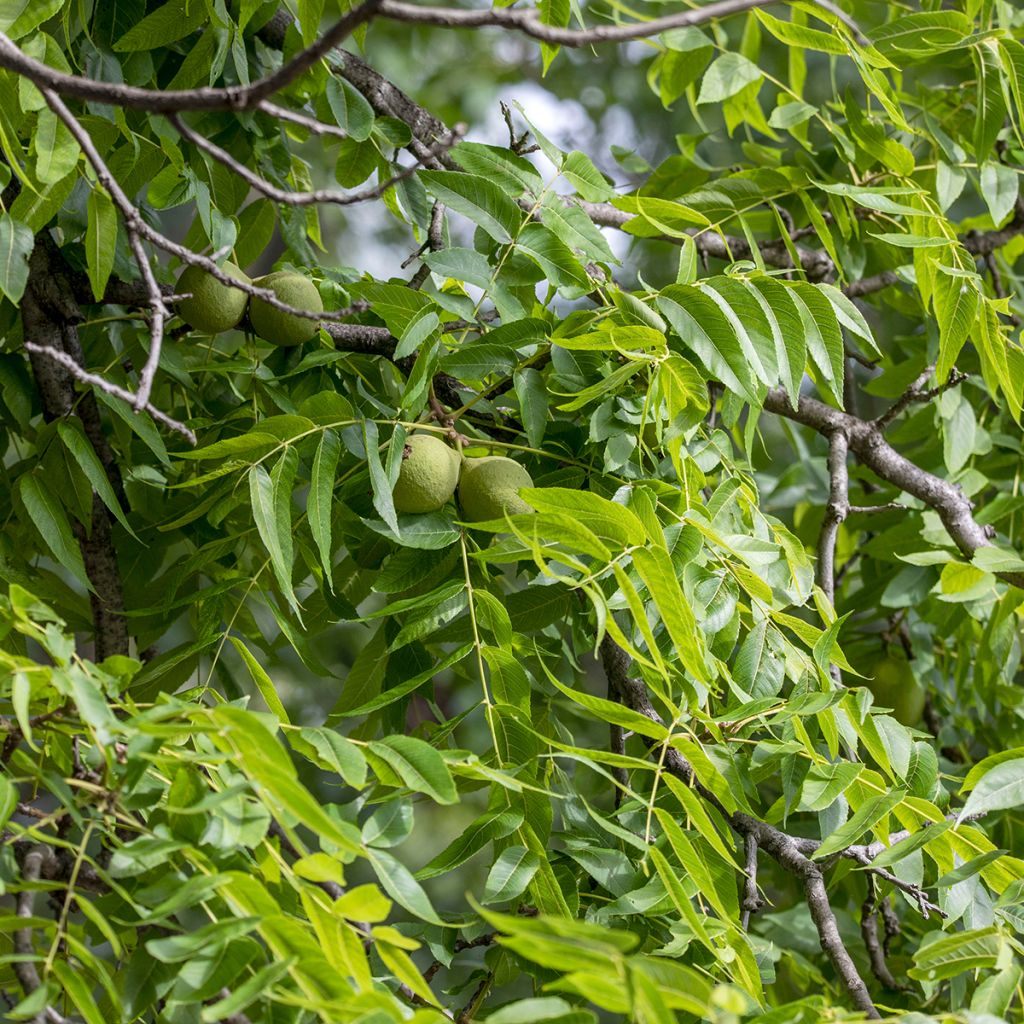

Black Walnut - Juglans nigra
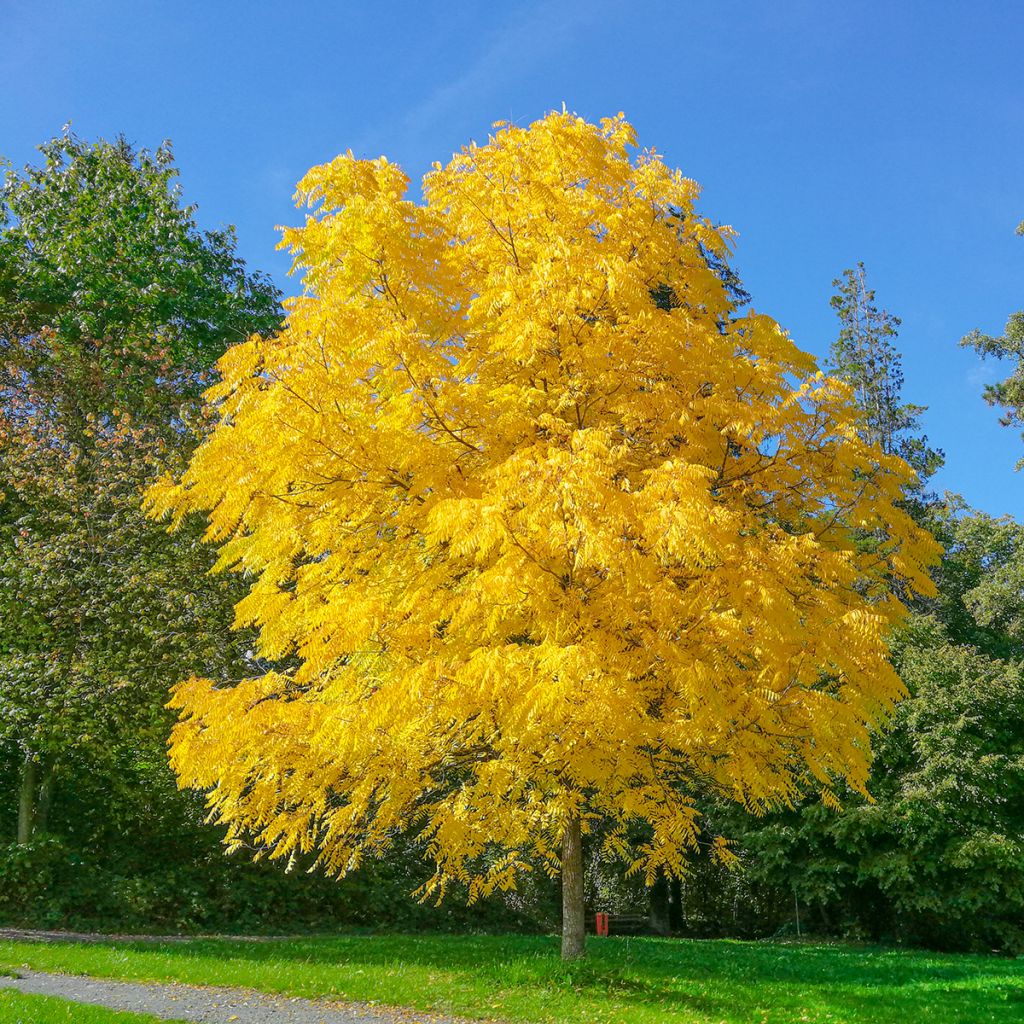

Black Walnut - Juglans nigra
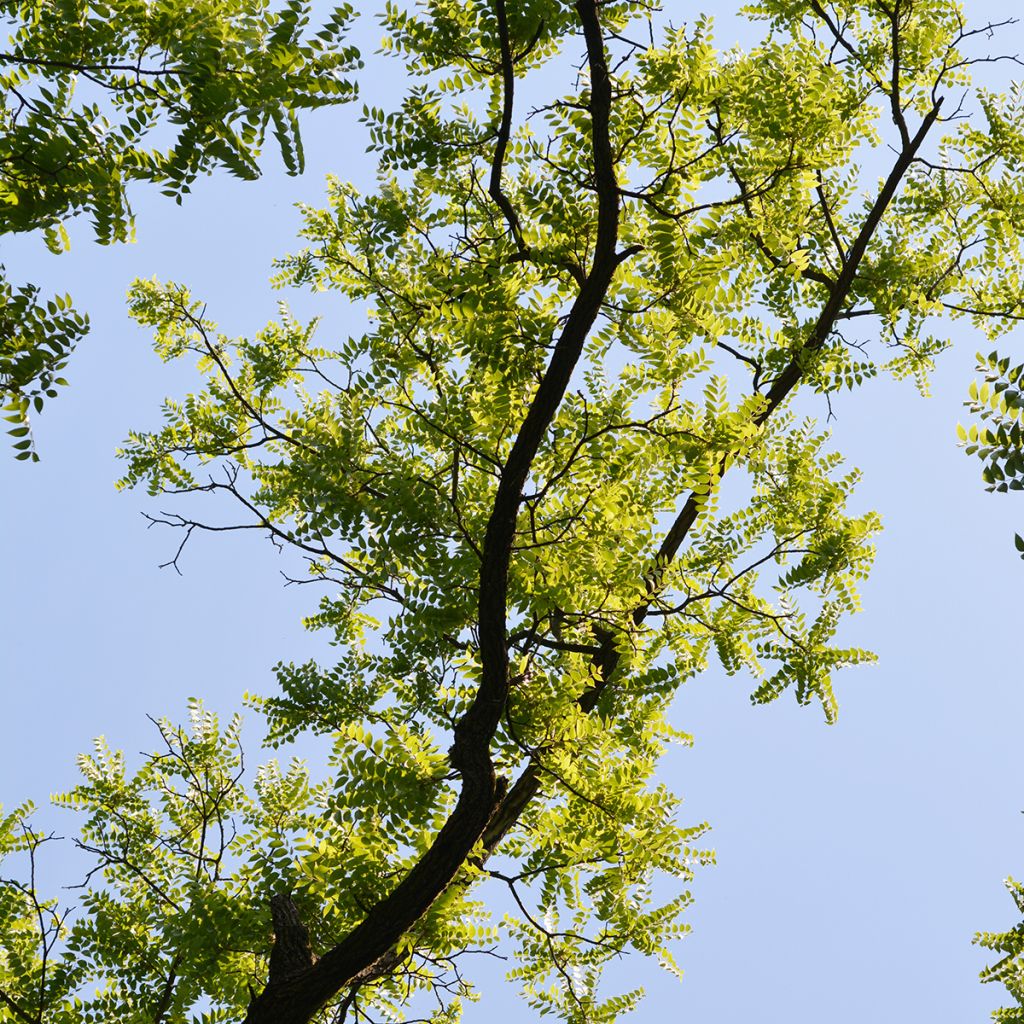

Black Walnut - Juglans nigra
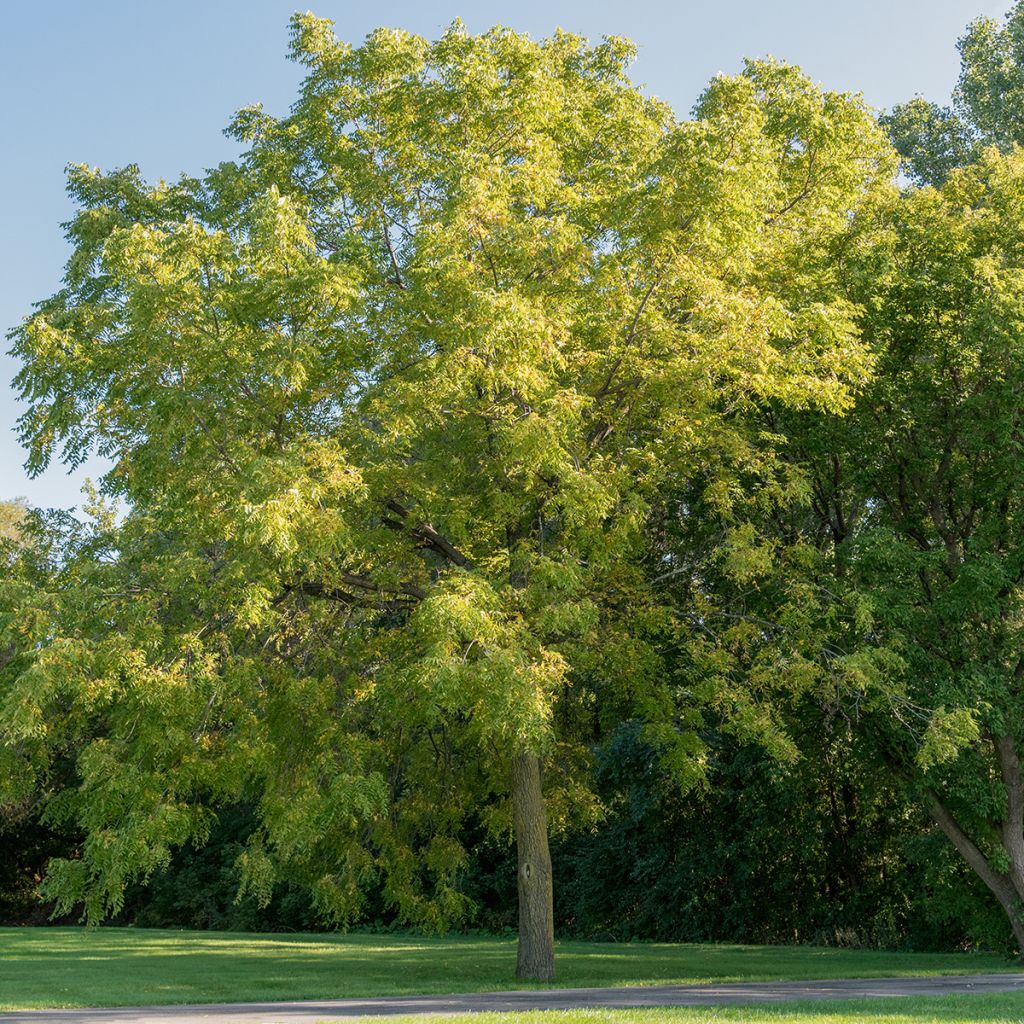

Black Walnut - Juglans nigra
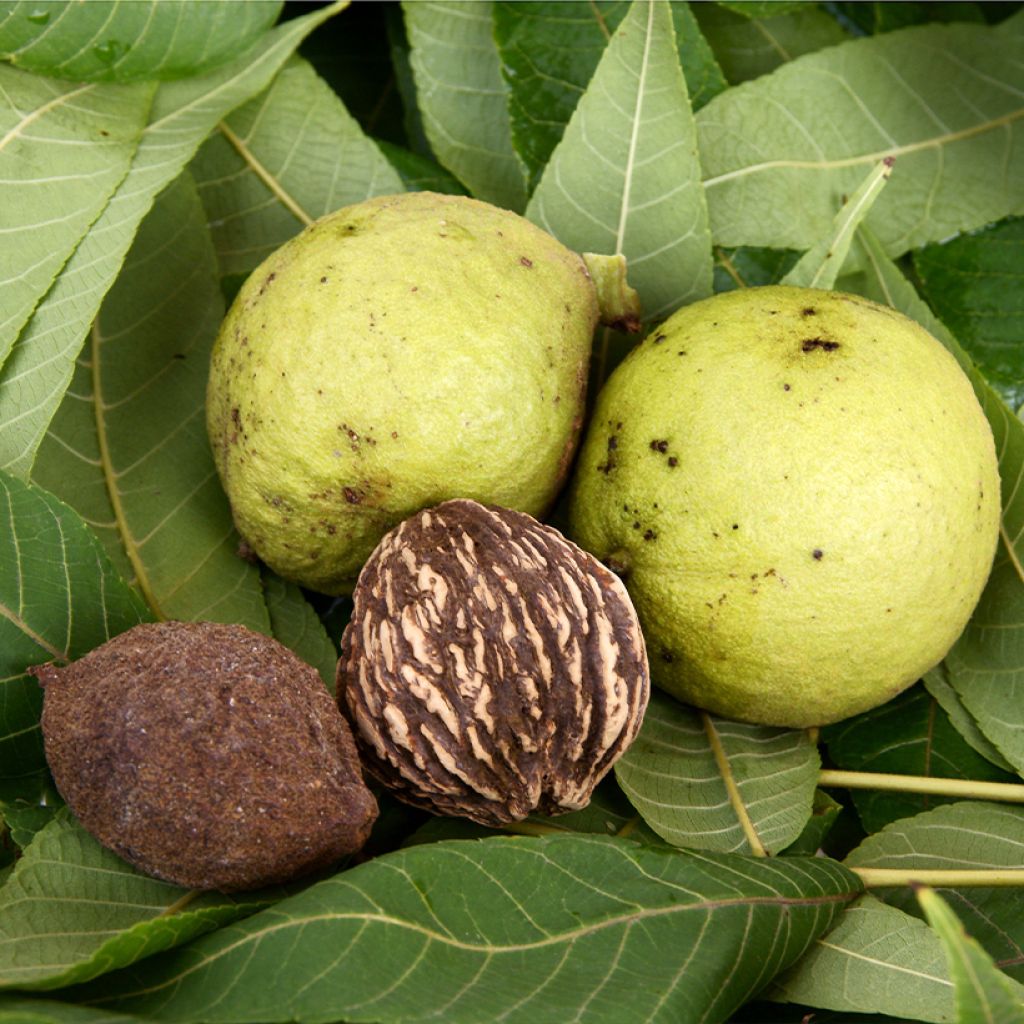

Black Walnut - Juglans nigra
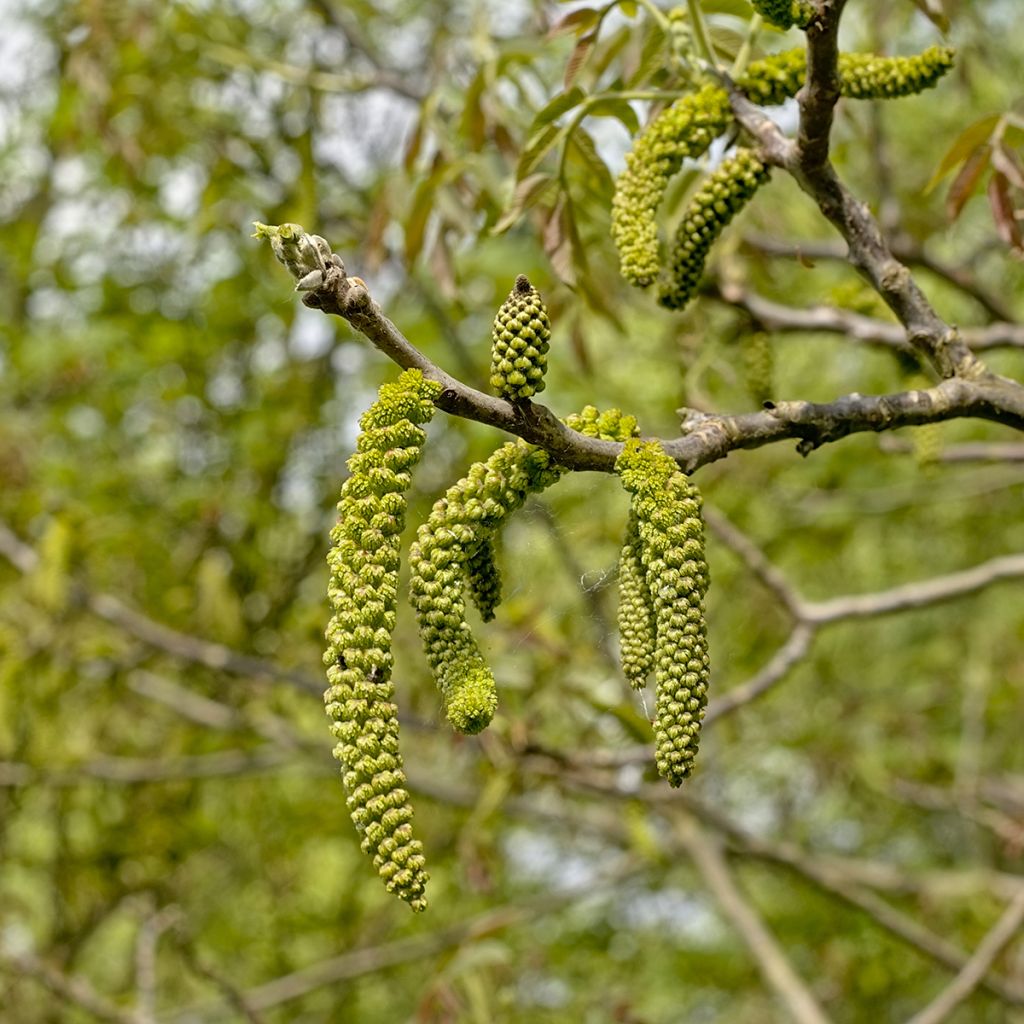

Black Walnut - Juglans nigra
Black Walnut - Juglans nigra
Juglans nigra
Black Walnut, American Walnut
Special offer!
Receive a €20 voucher for any order over €90 (excluding delivery costs, credit notes, and plastic-free options)!
1- Add your favorite plants to your cart.
2- Once you have reached €90, confirm your order (you can even choose the delivery date!).
3- As soon as your order is shipped, you will receive an email containing your voucher code, valid for 3 months (90 days).
Your voucher is unique and can only be used once, for any order with a minimum value of €20, excluding delivery costs.
Can be combined with other current offers, non-divisible and non-refundable.
Why not try an alternative variety in stock?
View all →This plant carries a 24 months recovery warranty
More information
We guarantee the quality of our plants for a full growing cycle, and will replace at our expense any plant that fails to recover under normal climatic and planting conditions.
Would this plant suit my garden?
Set up your Plantfit profile →
Description
Juglans nigra, also known as the American black walnut, is a deciduous tree with a majestic habit, rapid growth, and large size, making it suitable for large gardens and parks. It forms a trunk with dark and deeply furrowed bark, and develops a wide and rounded crown. Its cut foliage is both imposing and decorative, and turns beautiful yellow shades in autumn. This hardy species thrives in sunny, rich, deep, and moist soil. A beautiful tree that can be used to structure a large space.
Juglans nigra is a member of the small Juglandaceae family, which includes about fifty species, including the common walnut. This tree is native to the eastern and central United States, hence its common name American walnut. It thrives in alluvial, fertile, and deep soils in regions with hot summers, while also being resistant to extreme cold down to -35°C (-31°F) (it is even cultivated in Quebec!). It is a tree known for the beauty of its wood, which is used to make luxury furniture. Highly resistant to moisture, it is particularly ornamental due to its irregular dark brown veins, highly sought after by cabinetmakers for veneering. Its edible nuts are also used by the agri-food industry to extract oil, or to make muffins or candies.
With its rapid growth, this American black walnut can reach a height of 30m (98ft) or more, with a spread of up to 24m (79ft). It forms a single trunk, with dark bark that is the origin of its species name 'nigra'. The bark is densely fissured, forming interlacing relief veins, which give it a certain ornamental aspect. This massive trunk supports an ovoid crown, with an irregular to rounded top, formed by large ramified branches.
The foliage is also decorative, consisting of odd-pinnate leaves (with an odd number of leaflets). With a beautiful dark green colour, the leaves are composed of 13 to 23 leaflets, measuring 30 to 60 cm (12 to 24in) in length, and are alternately inserted on the branches. The upper surface is glabrous and slightly shiny, while the lower surface is covered with a cottony down. In autumn, they turn yellow, creating a beautiful scene in the garden.
However, the flowering is relatively insignificant. The male and female flowers open in late May or early June, with the males appearing as yellowish aments measuring 5 to 10 cm (2 to 4in) in length, but too small in comparison to the tree's mass to be truly decorative. After fertilisation, the female flowers turn into fruits that ripen in October. Spherical in shape, they measure 4 to 5 cm (2in) in diameter, with a very hard shell surrounded by a green husk that later turns black, and is loved by squirrels. Although edible, the nuts have a lower taste value compared to those of the common walnut.
This American walnut will thrive in a very large property, allowing it to be planted as a specimen tree on a lawn, alongside other large specimens. Plant a Paulownia tomentosa in front of it, a beautiful fast-growing tree that has similar requirements. Its large flower-shaped leaves will contrast well with the delicacy of your American walnut's foliage, and the imposing vegetation of the latter will provide a green background to admire the purple flowering of Paulownia, which is more difficult to discern against the sky. For a contrast of colours, opt for the Gleditsia triacanthos Sunburst, a thornless honey locust with golden yellow foliage in spring that turns orange-yellow in autumn. To complete the picture, nothing beats Quercus rubra, an American red oak that can rival Juglans nigra in size, and whose incredible vermilion red autumn attire will respond to the yellow livery of the walnut.
Report an error about the product description
Black Walnut - Juglans nigra in pictures


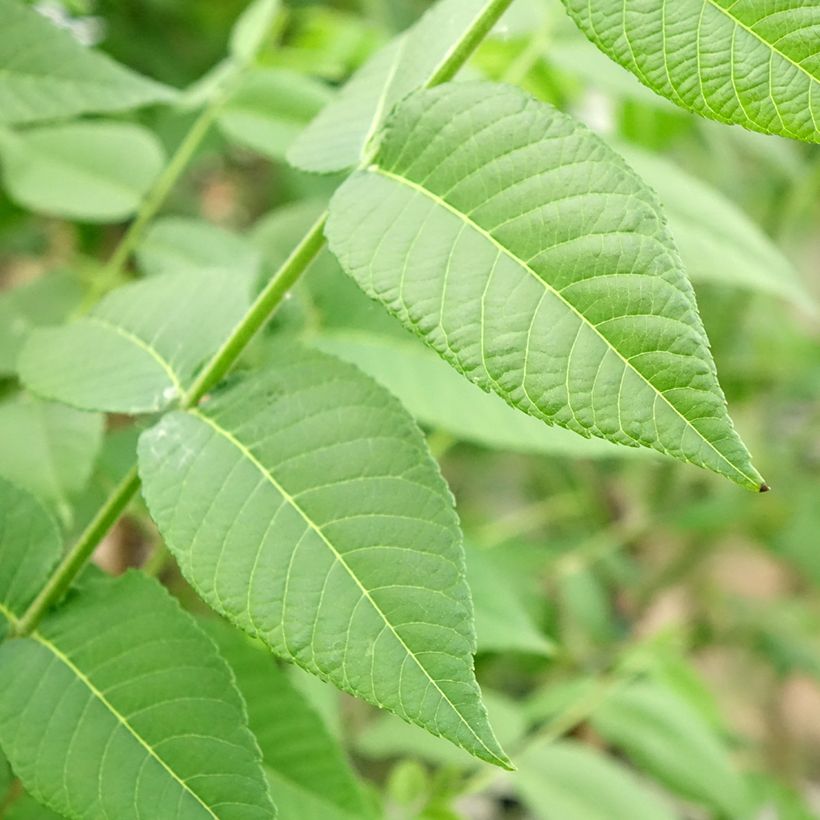

Plant habit
Flowering
Foliage
Botanical data
Juglans
nigra
Juglandaceae
Black Walnut, American Walnut
North America
Other Trees and large shrubs
View all →Planting and care
Plant your American walnut tree in autumn or spring, choose an open location, in the sun, where the soil is deep and moist, and keep in mind the significant space it will take up in the long run. It appreciates fertile, clay or humus-rich soils, alluvial soils, and damp areas with a pH close to neutrality. Dig a large hole measuring 70 cm (28in) on each side and in depth, and mix compost and planting soil with the existing soil. If your land already retains water, improve drainage by incorporating coarse gravel to facilitate the flow of excess water. Soak the root ball in a bucket of water for fifteen minutes before planting it, backfill and water generously again. Maintain regular watering during the summer following planting and ensure it is protected from droughts for another year, mulching can help keep the base cool and space out watering. This large-sized tree requires ample space to develop properly. Very hardy, its foliage may be slightly sensitive to late frosts.
Planting period
Intended location
Care
This item has not been reviewed yet - be the first to leave a review about it.
Similar products
Haven't found what you were looking for?
Hardiness is the lowest winter temperature a plant can endure without suffering serious damage or even dying. However, hardiness is affected by location (a sheltered area, such as a patio), protection (winter cover) and soil type (hardiness is improved by well-drained soil).

Photo Sharing Terms & Conditions
In order to encourage gardeners to interact and share their experiences, Promesse de fleurs offers various media enabling content to be uploaded onto its Site - in particular via the ‘Photo sharing’ module.
The User agrees to refrain from:
- Posting any content that is illegal, prejudicial, insulting, racist, inciteful to hatred, revisionist, contrary to public decency, that infringes on privacy or on the privacy rights of third parties, in particular the publicity rights of persons and goods, intellectual property rights, or the right to privacy.
- Submitting content on behalf of a third party;
- Impersonate the identity of a third party and/or publish any personal information about a third party;
In general, the User undertakes to refrain from any unethical behaviour.
All Content (in particular text, comments, files, images, photos, videos, creative works, etc.), which may be subject to property or intellectual property rights, image or other private rights, shall remain the property of the User, subject to the limited rights granted by the terms of the licence granted by Promesse de fleurs as stated below. Users are at liberty to publish or not to publish such Content on the Site, notably via the ‘Photo Sharing’ facility, and accept that this Content shall be made public and freely accessible, notably on the Internet.
Users further acknowledge, undertake to have ,and guarantee that they hold all necessary rights and permissions to publish such material on the Site, in particular with regard to the legislation in force pertaining to any privacy, property, intellectual property, image, or contractual rights, or rights of any other nature. By publishing such Content on the Site, Users acknowledge accepting full liability as publishers of the Content within the meaning of the law, and grant Promesse de fleurs, free of charge, an inclusive, worldwide licence for the said Content for the entire duration of its publication, including all reproduction, representation, up/downloading, displaying, performing, transmission, and storage rights.
Users also grant permission for their name to be linked to the Content and accept that this link may not always be made available.
By engaging in posting material, Users consent to their Content becoming automatically accessible on the Internet, in particular on other sites and/or blogs and/or web pages of the Promesse de fleurs site, including in particular social pages and the Promesse de fleurs catalogue.
Users may secure the removal of entrusted content free of charge by issuing a simple request via our contact form.
The flowering period indicated on our website applies to countries and regions located in USDA zone 8 (France, the United Kingdom, Ireland, the Netherlands, etc.)
It will vary according to where you live:
- In zones 9 to 10 (Italy, Spain, Greece, etc.), flowering will occur about 2 to 4 weeks earlier.
- In zones 6 to 7 (Germany, Poland, Slovenia, and lower mountainous regions), flowering will be delayed by 2 to 3 weeks.
- In zone 5 (Central Europe, Scandinavia), blooming will be delayed by 3 to 5 weeks.
In temperate climates, pruning of spring-flowering shrubs (forsythia, spireas, etc.) should be done just after flowering.
Pruning of summer-flowering shrubs (Indian Lilac, Perovskia, etc.) can be done in winter or spring.
In cold regions as well as with frost-sensitive plants, avoid pruning too early when severe frosts may still occur.
The planting period indicated on our website applies to countries and regions located in USDA zone 8 (France, United Kingdom, Ireland, Netherlands).
It will vary according to where you live:
- In Mediterranean zones (Marseille, Madrid, Milan, etc.), autumn and winter are the best planting periods.
- In continental zones (Strasbourg, Munich, Vienna, etc.), delay planting by 2 to 3 weeks in spring and bring it forward by 2 to 4 weeks in autumn.
- In mountainous regions (the Alps, Pyrenees, Carpathians, etc.), it is best to plant in late spring (May-June) or late summer (August-September).
The harvesting period indicated on our website applies to countries and regions in USDA zone 8 (France, England, Ireland, the Netherlands).
In colder areas (Scandinavia, Poland, Austria...) fruit and vegetable harvests are likely to be delayed by 3-4 weeks.
In warmer areas (Italy, Spain, Greece, etc.), harvesting will probably take place earlier, depending on weather conditions.
The sowing periods indicated on our website apply to countries and regions within USDA Zone 8 (France, UK, Ireland, Netherlands).
In colder areas (Scandinavia, Poland, Austria...), delay any outdoor sowing by 3-4 weeks, or sow under glass.
In warmer climes (Italy, Spain, Greece, etc.), bring outdoor sowing forward by a few weeks.






























